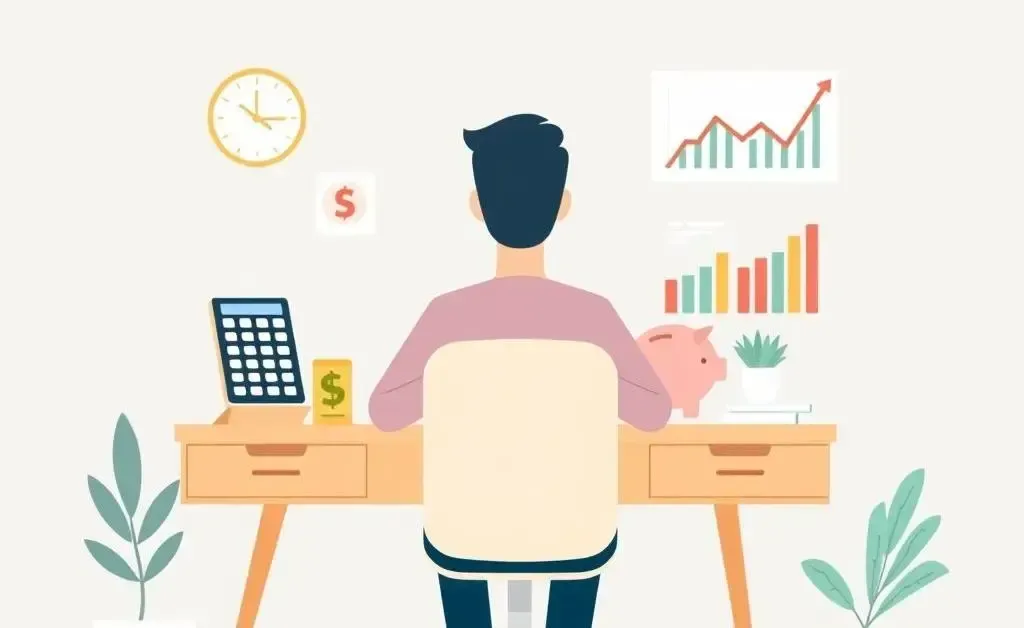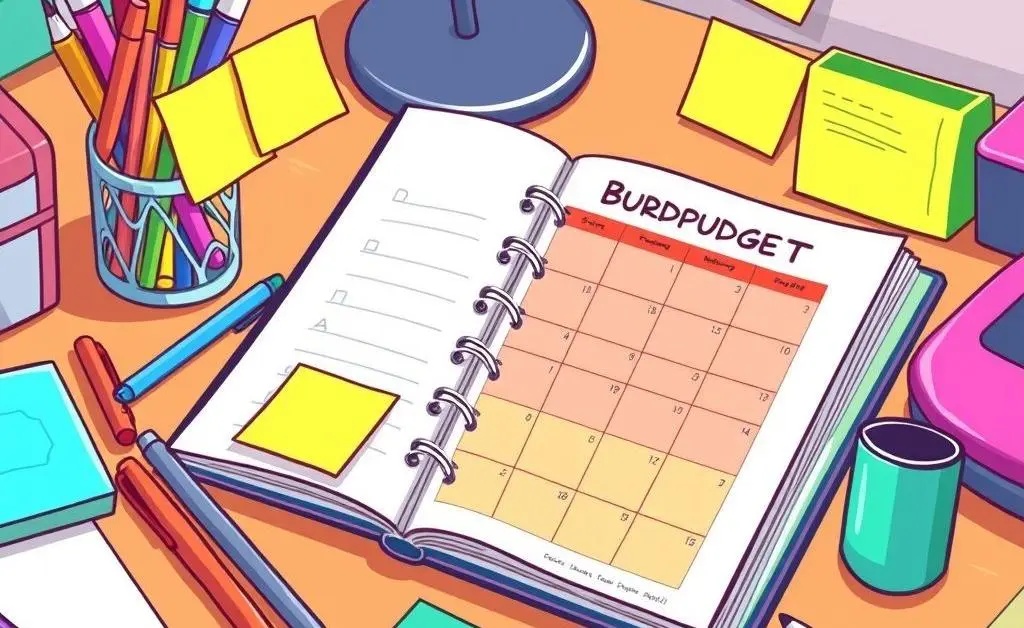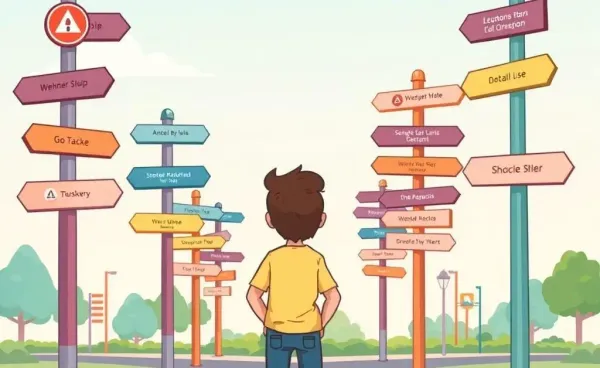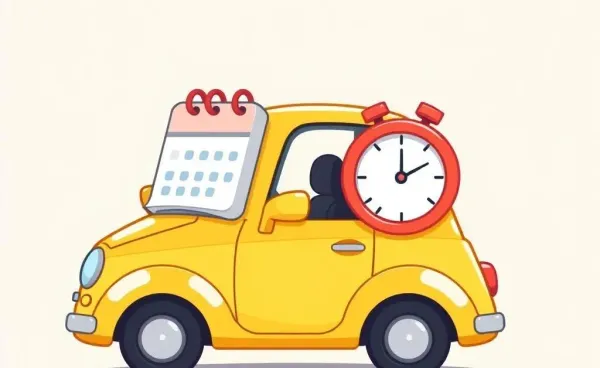Personal Finance Lessons I Wish I Knew Sooner
Unlock financial freedom with these unexpected personal finance lessons.

Ever wish you could go back in time and give your younger self some solid financial advice? I sure do! Understanding personal finance might seem daunting, but it's a game-changer that can lead to financial freedom. Today, I'm sharing the personal finance lessons I wish I'd known sooner, and who knows, maybe they'll change your life too.

Why Building an Emergency Fund is Non-Negotiable
When I first started managing my money, emergencies felt like they only happened to other people. Spoiler: they don't. Life can throw curveballs, and having an emergency fund is like having a financial safety net. Aim for three to six months' worth of expenses saved up. It sounds challenging, but even small, consistent savings can add up over time.
The Magic of Compound Interest
Ah, compound interest — the unsung hero of personal finance! When you start investing early, you allow your money to grow exponentially over time. It's like planting a financial seed and watching it blossom. A little today can mean a lot tomorrow, so whether it's a retirement fund or a simple savings account, investing early is key.

Budgeting Isn't Restrictive, It's Liberating
For the longest time, I thought budgeting meant depriving myself, but it's quite the opposite. Budgeting is about giving each dollar a purpose, aligning your spending with your values, and ensuring you're saving and spending on what truly matters to you. Consider using apps or tools to help track and categorize your expenses.
Tools to Help You Start Budgeting
- Use the You Need A Budget (YNAB) app for a comprehensive budgeting approach.
- Try Mint for a free, easy-to-use tool that connects with your bank accounts.
- Explore the good old spreadsheet method if you prefer a DIY approach.
Debt Management: Pay It Down & Keep It Away
Debt can feel like a looming cloud, but tackling it head-on is possible. Start by listing all your debts, then choose a strategy: either pay down the smallest balances first for quick wins (the snowball method) or focus on high-interest debts to save on interest (the avalanche method).

Your Financial Journey is Personal
Finally, remember that personal finance is just that—personal. There’s no one-size-fits-all solution. Your financial journey will reflect your unique goals, preferences, and lifestyle. So, don't compare yourself to others; focus on finding strategies that work for you and your situation.
In conclusion, mastering these lessons can transform your financial life and provide peace of mind. What financial wisdom do you wish you'd learned earlier? Share your thoughts in the comments below!




